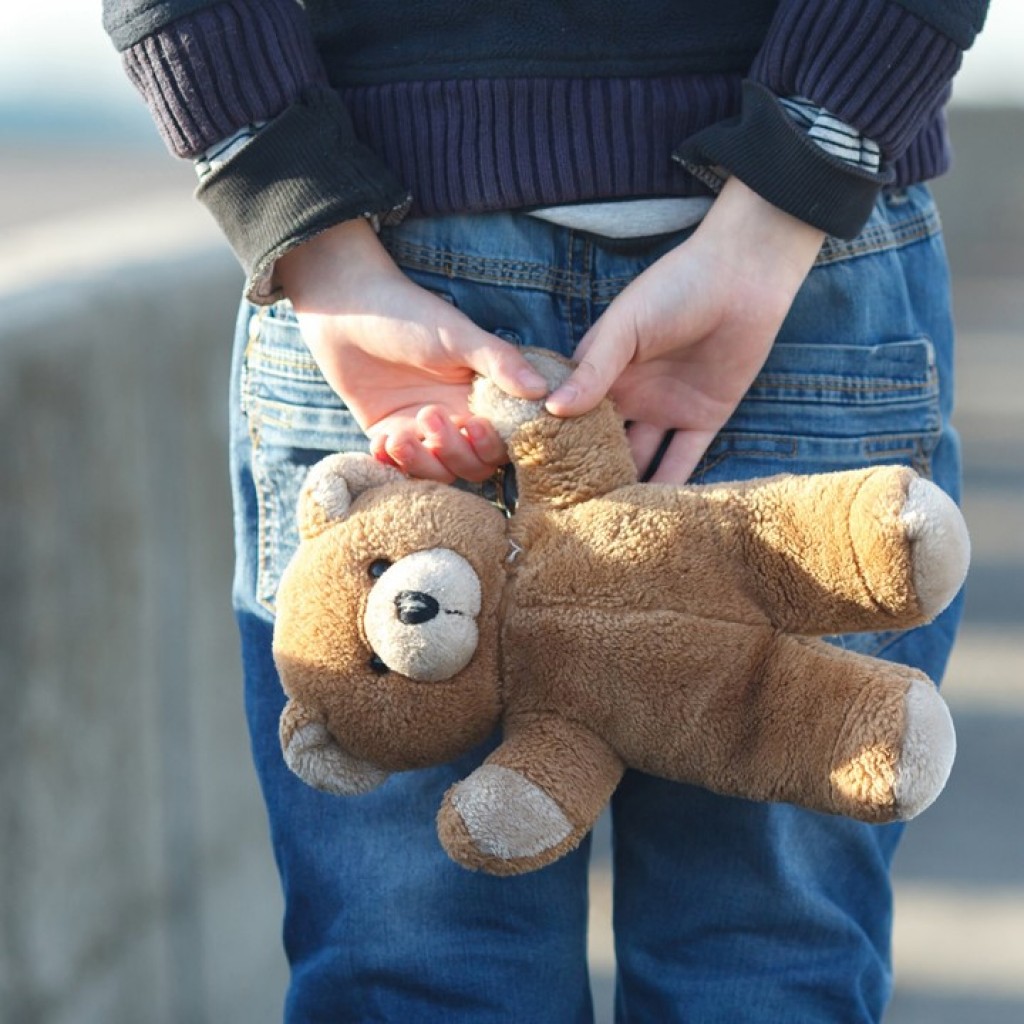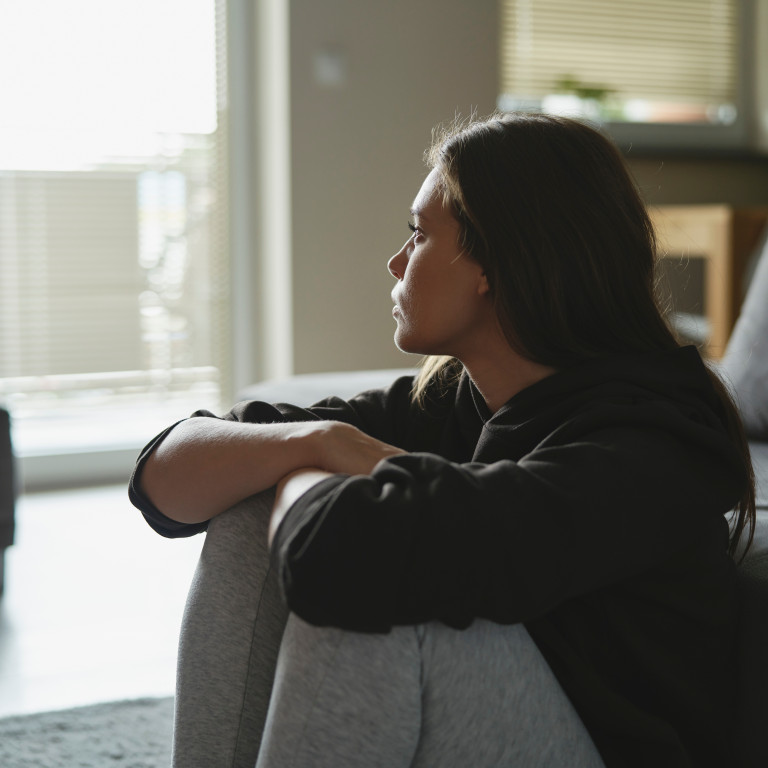A new section of the Domestic Abuse Act 2021 is being brought into force on Monday 31st January 2022, making provisions concerning children as victims of domestic abuse.
The new act states that any child who sees, hears, or experiences the effects of domestic abuse, and is related to either person involved in the abuse, can be a victim of domestic abuse.
What is domestic abuse?
Domestic abuse is any behaviour between two people over the age of 16 that are personally connected, including;
- physical or sexual abuse
- violent or threatening behaviour
- controlling or coercive behaviour
- economic abuse, affecting the ability to acquire, use, or maintain money
- psychological, emotional or other abuse.
It does not matter whether the behaviour consists of a single incident or a course of conduct.
Domestic abuse can happen inside or outside the home, over the phone or on the internet, isn’t confined to a relationship, and both men and women can be abused or abusers.
What are the signs of domestic abuse?
It can be difficult to tell if domestic abuse is happening and those carrying out the abuse can act very differently when other people are around. Children and young people might also feel frightened and confused, keeping the abuse to themselves. Signs that a child has witnessed domestic abuse can include:
- aggression, bullying, or problems in school
- anti-social behaviour
- anxiety, depression, or withdrawal
- attention seeking
- bed-wetting, nightmares, or insomnia
- regular sickness, like colds or headaches
- drug or alcohol use
- eating disorders
What are the effects of domestic abuse?
Living in a home where domestic abuse happens can have a serious impact on a child or young person's mental and physical wellbeing, as well as their behaviour. And this can last into adulthood. What's important is to make sure the abuse stops and that children have a safe and stable environment to grow up in.
What counts as a criminal offense?
If the abuser has been violent towards your child this is a criminal offence and you can report the violence to the police and press charges. You can also pursue a civil remedy through the family courts by applying for an Injunction Order. It’s a criminal offense to breach a Non-Molestation Order and anybody ignoring an Order made against them will also be committing a criminal offense.
The courts can also help you stop that person from intimidating and harassing you, and under some circumstances, the courts can order that person to move out of your home. Any children that live with you can also be protected.
How can we support you?
Tozers is very experienced in providing legal services to victims of domestic abuse. We support anyone who has suffered domestic abuse at the hands of controlling, coercive, and/or abusive partners. Sarah Miller and Chlöe Harvey, based at our Newton Abbot office, are specialists and run our Domestic Abuse Response Team (DART). If you or someone you know has suffered abuse in a domestic environment, please contact us to discuss your situation with complete confidence.






